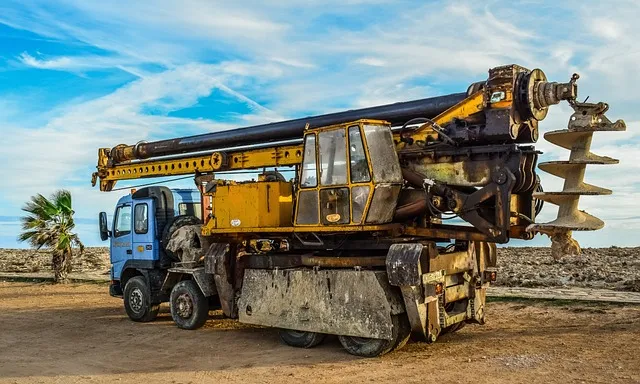
Geotechnical investigations:
Are studies that are conducted to assess the physical and mechanical properties of soil and rock at a specific site. These investigations are typically carried out in support of engineering projects, such as the construction of buildings, bridges, roads, and other structures, and are used to identify potential hazards and inform the design of the project.
Geotechnical investigations typically involve collecting samples of soil and rock from the site and performing laboratory tests to determine their characteristics, such as their strength, compressibility, permeability, and other properties. Geotechnical investigations may also involve in-situ testing, where tests are performed directly on the soil or rock at the site using specialised equipment.
Geotechnical investigations are typically carried out by geotechnical engineers or geologists, who are specialised professionals trained in the analysis and interpretation of soil and rock data. These investigations may also involve the use of specialised equipment, such as boreholes, cones, and piezometers, to collect soil and rock samples and perform tests.
The results of a geotechnical investigation are typically used to inform the design of a project and to identify any potential hazards or issues that may need to be addressed. They may also be used to develop recommendations for the construction and maintenance of the project, such as the type of foundation that should be used or the types of soil or rock that should be avoided.
Based on the results of the geotechnical investigation, a geotechnical engineer will provide recommendations for the design and construction of the project, including recommendations for the type and size of foundations, the use of special construction techniques, and any necessary site preparation or grading. The geotechnical engineer may also provide recommendations for the monitoring and maintenance of the site during and after construction.
Geotechnical investigations are an important aspect of the design and construction process, as they provide valuable information about the subsurface conditions at a site and help ensure that the project is safe, functional, and able to withstand the loads and forces to which it will be subjected.